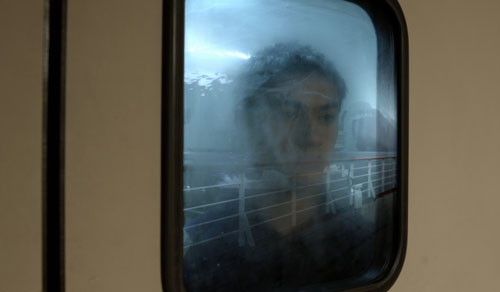
“What I like most about the film, in relation to its production process, is discovering how the different parts are related to each other.” – 亚历克斯·派皮诺(Alex Piperno)
In Alex Piperno’s 窗口男孩也想潜艇, 门永远不会通往他们应该去的地方. A young sailor on a cruise ship off the coast of Patagonia stumbles upon a magical doorway that leads to a woman’s apartment in Montevideo. Meanwhile, a group of Filipino farmers discover an abandoned shed in the valley that holds supernatural powers. These two stories will merge in Piperno’s film and allow people in different parts of the world to enter one another’s spaces.
亚历克斯·派皮诺(Alex Piperno), was born in Montevideo. He studied Film Directing at the Universidad del Cine de Buenos Aires. Following a series of short films, Piperno directed the Hubert Bals Fund supported 窗口男孩也想潜艇. His feature debut had its world premiere at the Berlinale in 2020. The film was nominated for the International New Talent Competition at the Taipei Film Festival, The International Competition at Jeonju Film Festival, and the Best First Feature Award at the Berlin International Film Festival.
全球搜索教育 is pleased to welcome the film’s Director, Alex Piperno.
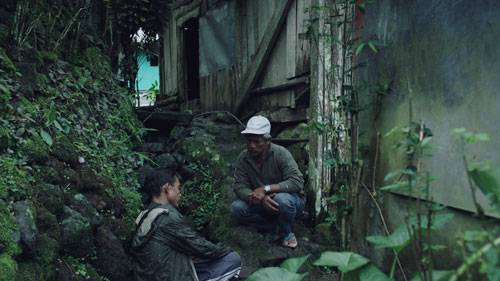
“As a spectator, my favorite part is the end of the film, when everything ends up mixing and that leads to catastrophe.” – 亚历克斯·派皮诺(Alex Piperno)
亚历克斯, tell us what you like most about your film and also what audience feedback you’ve received. Is there anything in your production process that you would do differently?
What I like most about the film, in relation to its production process, is discovering how the different parts are related to each other. They are not ideas that I came up with. I experienced that discovery and surprise in the process, and that is my greatest joy as a director. This happened during the script writing, but also during shooting, editing and sound design. In each of the stages, with different materials, I discover how old notes enter in relation to other notes, how frames leave doors open for someone to enter or not, how a shot in one scene works differently in another scene, what happens when this or that sound comes in, and thus the film becomes a system of opacities and transparencies that drives me crazy and keeps me fascinated during the different stages. As a spectator, my favorite part is the end of the film, when everything ends up mixing, and that leads to catastrophe.
Regarding the feedback from the audience, the Q&A experience at the Berlinale was deeply moving for me. The conversation with the audience was warm, stimulating, and extensive, and while I had no prior thoughts, it was unsettling for me to discover the spectators appropriating the film. There may be no other way, but it is my first film and I have not experienced that feeling before. After so many years, with so many moments of uncertainty and loneliness, putting the film on the table like a fruit and seeing how each one grabbed his own piece was wonderful. And I especially remember this: I would enter the theatre towards the end of each screening and I would wait at the entrance, and at one point, always the same, I would hear the audience giggling. It was not a time to laugh, I thought so, but the audience was laughing. There I understood that I had nothing more to do with the film and that was a great relief.
In relation to what things in the production process would I do differently: 一切.
People have referred to your movie as “a globalized fairytale”. In what ways do you think the characters and the locations in your movie might inspire the audience to reflect on some of these relevant societal themes?
I think the film does not talk about but works with. It is true that its materials are peripheral characters and places located in the antipodes, that these places become close and that the world ends up turning inside out like a sock. But the characters cannot communicate with each other, 这是, the distance between them is not elided. I don’t know if I am interested in globalization as a topic. I do know that I am interested in the characters that watch, and I understand that in order to watch they have to be outside the thing, on the periphery. I also know that when I went to the cruise ship and framed the tourists, I felt a lot of rejection, and that when I panned to one side and the space was empty, I felt much better. I know that in a film, I prefer silence to bustle, that I like characters who do not know what to do and who are ashamed of themselves and are pushed by circumstances. I know that I hate the idea of work and that I am moved by the poetic function of language, 这是, impertinence, humor, surprise, diagonals, frame within frame compositions. All this will make one type of film appear instead of another.
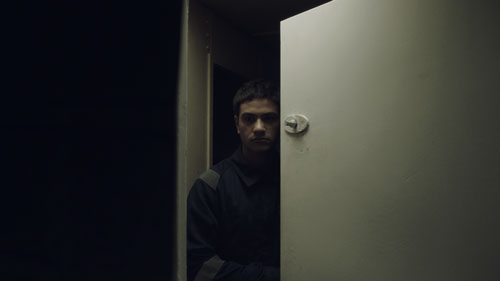
“In relation to what things in the production process would I do differently: 一切!” – 亚历克斯·派皮诺(Alex Piperno)
Funding and especially funding during a pandemic – what lessons did you learn from the process? What advice would you give to other young filmmakers trying to raise money for their first film?
The development of the film began at the end of 2011. I had screened that year the short film The Inviolability of the Domicile which is based on the man who appears wielding an ax at the door of his house during the Cannes Critics’ Week, which I imagine must have helped the project to be considered more carefully. The film was selected in a script workshop called Taller Colón along with other projects by Latin American directors, who later became very dear friends. The following year the film obtained its first development funds, from ICAU (乌拉圭) and the Hubert Bals Fund, which was essential for me to dedicate myself seriously to its development. I had decided to be the majority co-producer on the Uruguayan side and I conceived the film as a co-production between Uruguay and Argentina. I associated with my beloved Lukas Rinner, who at that time was taking his first steps with his production company Nabis Argentina. We began to be selected for different laboratories and markets, such as Bafici Bal, San Sebastián Co-production Forum and Berlinale Script-station, 等等. The truth is that we had no idea how to produce a feature film, much less this one in particular.
Years passed and we could not obtain any production funds. Then we applied to the Uruguay and Brazil co-production fund and obtained our first production fund. 同时, we continued applying to national and international funds without luck. My life had been reduced to trying to carry this film forward and I felt that the film was getting stuck in a well and myself with it. We were still applying to laboratories. The search for financing for production lasted until 2017.
在 2014 Lukas shot his first feature film and we decided that it was best for him to open up about the project. He was replaced by Argentine producers Esteban Lucangioli and Araquén Rodríguez, from Pelícano production company. In those years we obtained INCAA production fund (阿根廷), IBERMEDIA co-production fund, NFF + HBF from Netherlands (joining the project the producer Frank Hoeve, from Baldr Film), a municipal production fund from Montevideo (乌拉圭) 和, at the last moment, ICAU production fund (乌拉圭), which finally allowed us to start the production. The staged shooting strategy, which was the condition of possibility of the film and that extended from 2017 以 2019, also involved going through a severe devaluation of the Latin American economy. The funds obtained in our national institutes, which are granted in local currency and staggered in installments, were devalued in some cases above 70%. The film was made possible with the entry of the Philippine producer Armi Rae Cacanindin to the co-production team, and with a very significant effort in time and money from all the production companies, to which I am eternally grateful.
This whole process was very formative for me. It was a ten-year process of many “first times”.
An incredible journey for sure.
是的, I had to learn how to write a film, how to produce a film, how to direct a film. 当然, having had the experience, I would do things differently. 例如, the most important thing is to find your own way and defend it from common sense. Cinema is such a normed, hierarchical, collective and expensive discipline that it can pass over you. The crew need urgent definitions that many times I cannot give them and it is necessary to be able to deal with that, with the chronometer running and without fully understanding what I am doing. I was very afraid that the common sense of the shooting would win me over, because I knew that would be a disaster for the film. Finding out what my times and priorities were and learning to trust them in the midst of that fire was the hardest thing for me. So it seems to me very important to be able to invent a production system that can be solidary with the way one has to face a film. Because the traditional way of production rejects any possibility of doubting, playing or making mistakes, and at the end of the day, these are our most valuable working tools.
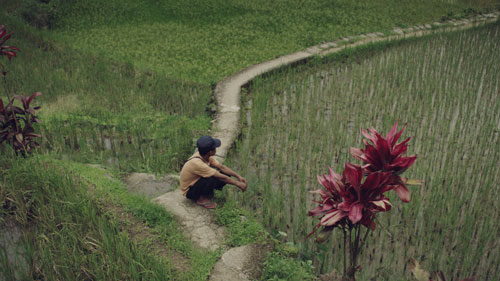
“The traditional way of production rejects any possibility of doubting, playing or making mistakes, and at the end of the day, these are our most valuable working tools.” – 亚历克斯·派皮诺(Alex Piperno)
观众可以在哪里看到 窗口男孩也想潜艇?
The film was released in the last days of the pre-covid era and we had a beautiful schedule of international festivals and premieres in confirmed theaters that exploded in the air and we still continue putting together the broken pieces of all this. The film is now available on IFFR Unleashed, the VOD platform of the Rotterdam Festival, exclusively for the Benelux territory. We continue to prioritize the screenings in festivals and theatres, because the film is, as it is said – or as it used to be said – 电影 “to watch in the theatre”.
Thank you Alex
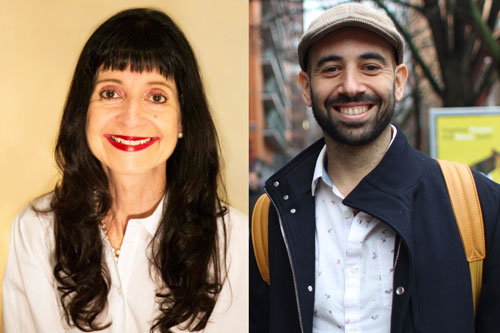
C.M. 鲁宾和本·斯塔森
感谢您对我们的 800 加 全球贡献者, 艺术家, 教师, 企业家, 研究人员, 商界领袖, 从每个域对学习的未来与您分享观点的学生和思想领袖 全球搜索教育 每月.
ç. M. 鲁宾 (凯茜) 是CMRubinWorld的创始人, 在线出版公司,专注于全球学习的未来, 和行星课堂的联合创始人. 她是三本畅销书和两个广泛阅读网上系列的作者. 鲁宾收到 3 厄普顿·辛克莱奖“全球搜索教育。”该系列, 它提倡青少年, 在推出 2010 并汇集了来自世界各地的杰出的思想领袖,共同探讨所面临的国家的关键教育问题.
按照ç. M. 鲁宾在Twitter: www.twitter.com/@cmrubinworld

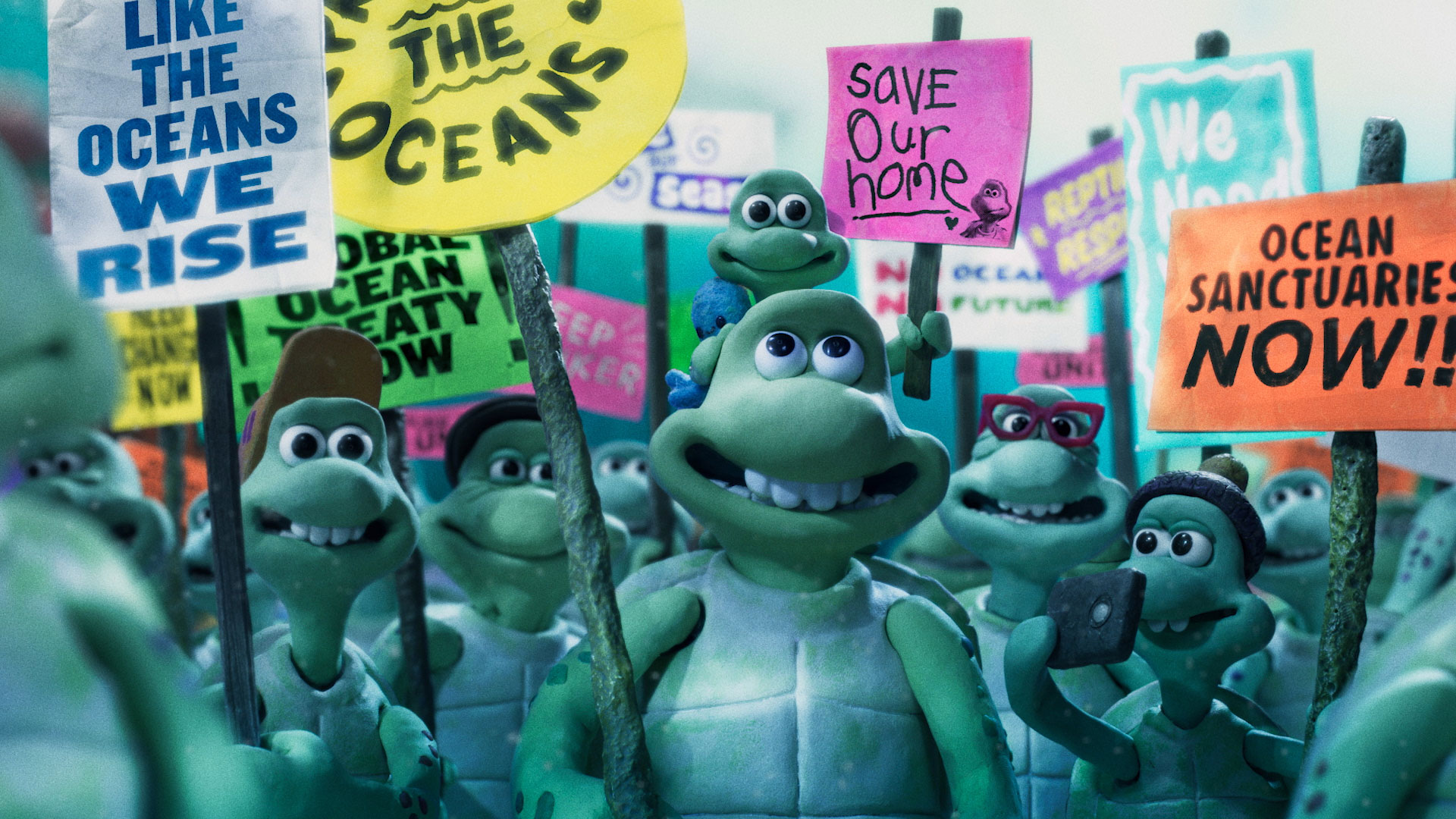
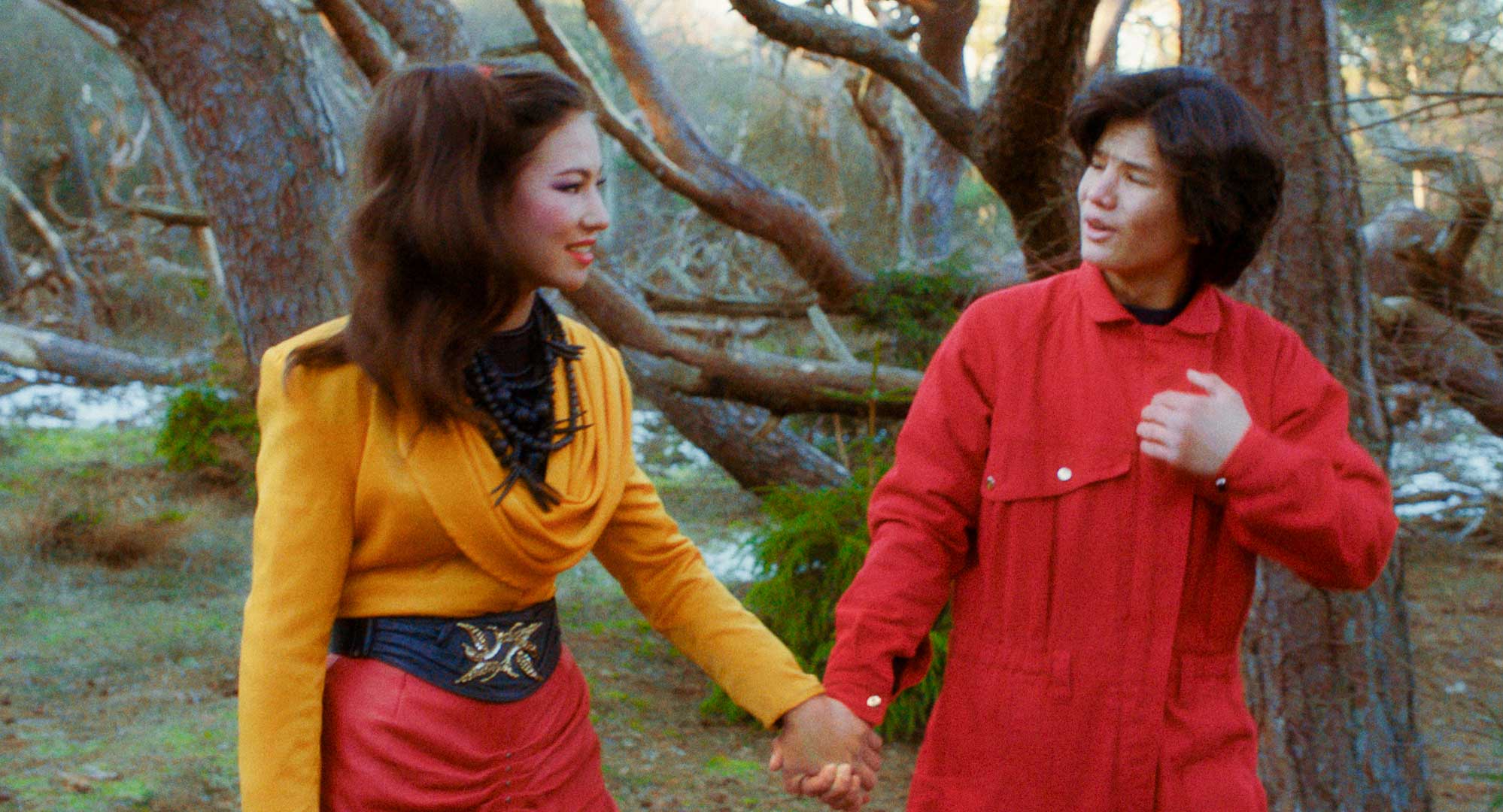

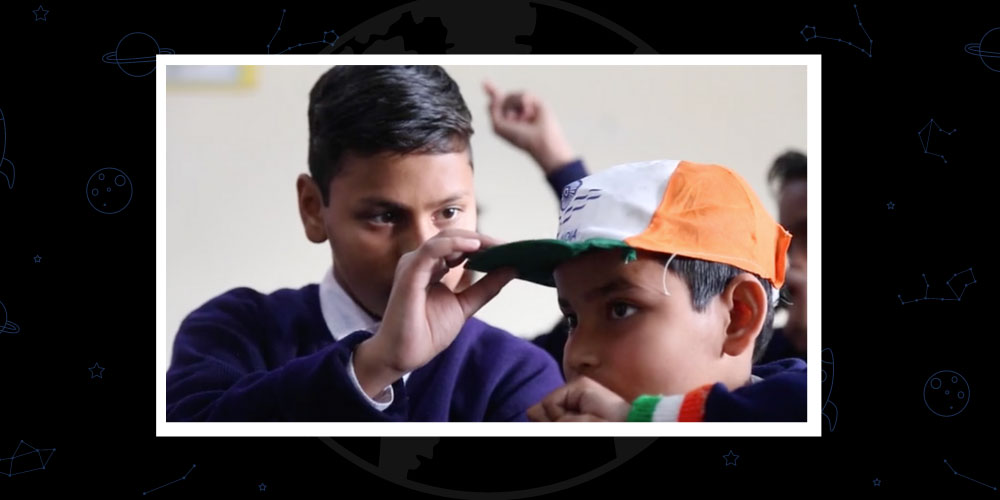
最新评论